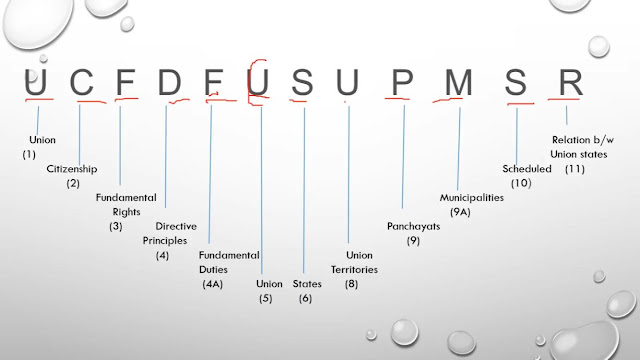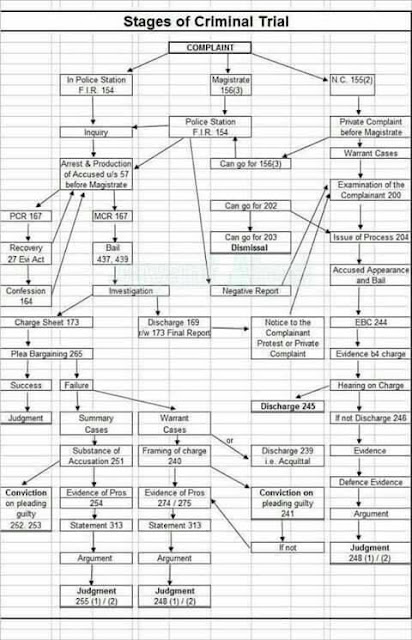JUDICIARY PREPARATION #TIPS FOR BEGINNERS
You must first know your own potential,abilities ,interests and the time you can spend for your preparation. you need about 1 year to prepare this Examination So keep all the uncertainties aside , limit your social outings and start your preparation with DEDICATION Before you start your preparation for PCS J.I shall list down the reference books that one has to study for preparation. 👉Constitution of India Bare Act- Pratayiogita Darpan (Polity issue), M.P.Jain ,D D BASU OR J N PANDEY 👉Code of Civil Procedure Bare Act, Takwani 👉International law-AGARWAL,UN CHARTER 👉Transfer of Property Act Bare Act, Poonam Pradhan (lexis Nexis) 👉Indian Contract Act Bare Act, Avtar Singh 👉Specific Reliefs Act , Bare Act, Avtar Singh 👉Indian Evidence Act Bare Act, V.P. Sarathi, Batuklal 👉Indian Penal Code Bare Act, K.D. Gaur or SN MISHRA 👉Code of Criminal Procedure Bare Act, Kelkar ...

